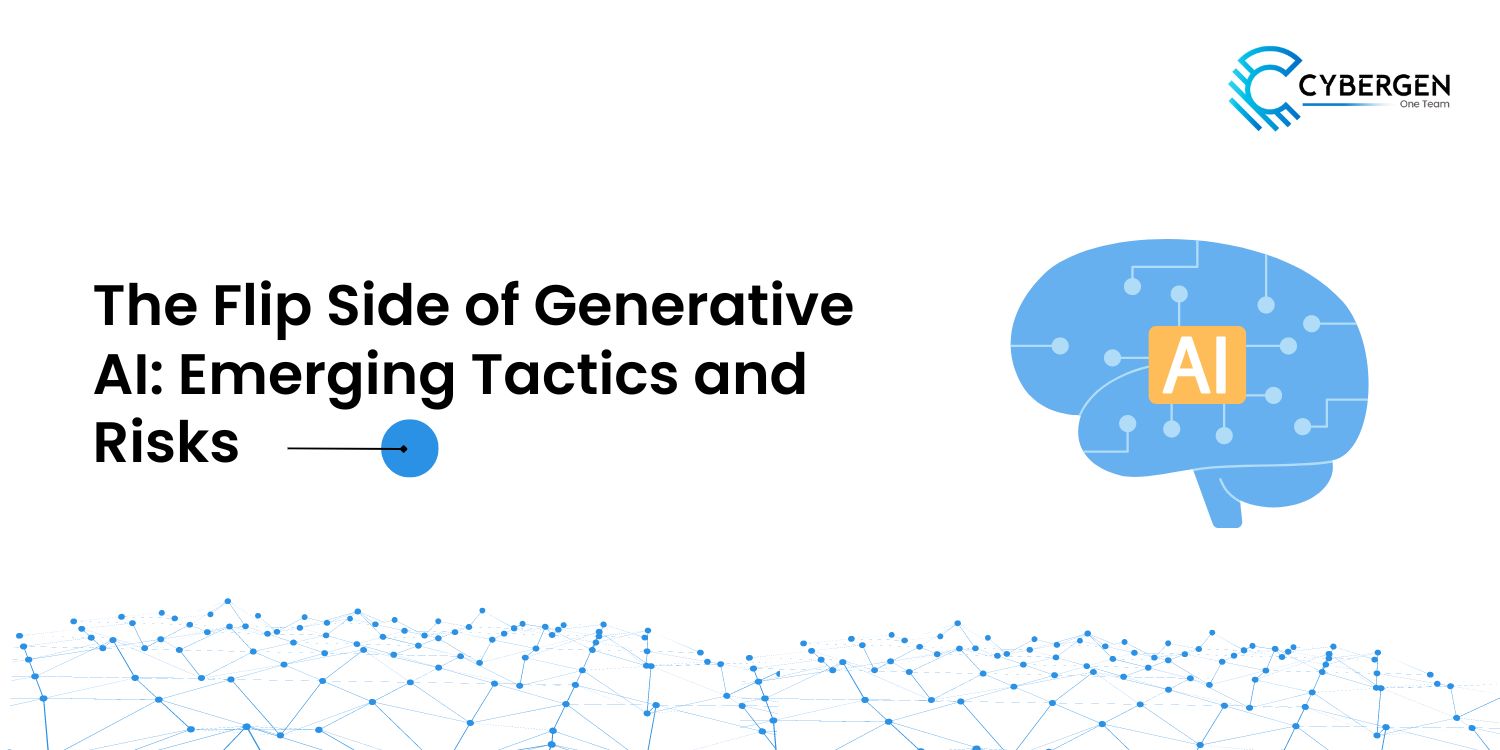Nvidia, the undisputed king of graphics chips, is making waves again with the announcement of their next-generation AI chip, codenamed Blackwell. While details are still emerging, here's what we know so far, and why it might be a game changer for Nvidia's dominance.
Blackwell Is A Powerhouse for the AI Age
The Blackwell chip promises to be a game-changer. Early reports suggest a massive leap in processing power, with the B200 model reaching a staggering 20 petaflops – 30 times more powerful than Nvidia's current flagship, the H100. This translates to significantly faster AI tasks, from complex scientific simulations to training next-generation AI models.
Imagine analyzing massive datasets in record time, training complex AI models with unprecedented speed, and unlocking new possibilities in scientific research and development. That's the potential of Blackwell. This super chip promises to accelerate AI applications across various fields, making tasks that were once time-consuming or even impossible, a reality. Here's a glimpse of what Blackwell can bring to the table:
-
Scientific Breakthroughs: Researchers can analyze vast datasets faster than ever before, leading to breakthroughs in fields like climate science, material discovery, and drug development.
-
Revolutionizing Healthcare: Imagine AI-powered medical imaging analysis happening in real-time, enabling faster diagnoses and personalized treatment plans.
-
The Future of Work: From streamlining manufacturing processes to optimizing logistics networks, Blackwell has the potential to transform how we work.
Nvidia Super Smart Performance & Technological Reach
This chip offers "30x the performance" compared to previous models. It excels in optimizing server farms for AI applications, significantly reducing energy consumption while boosting computational power.
Moreover, the GB200 enables advancements in AI-driven robotics through Project GR00T, facilitating natural language comprehension and human-like actions. Nvidia's venture into quantum cloud computing further expands its technological reach, democratizing access to quantum research. In essence, the GB200 signifies a transformative leap in AI computation, propelling industries towards greater efficiency and innovation.
Nvidia isn't stopping there. The company is also promoting the synergy between Blackwell and their Grace CPU architecture. By pairing these two technologies, Nvidia claims to achieve even greater efficiency gains, making the most of the immense processing power offered by Blackwell. When paired with Nvidia's Grace CPU architecture, the B200 can achieve even greater efficiency. This combined power ensures optimal utilization of the B200's processing muscle.
Will Blackwell Break the Bank?
Here's where things get interesting. According to a recent CNBC report, Nvidia's CEO mentioned a price tag exceeding $30,000 for the Blackwell chip. This hefty cost could be a major barrier to entry for many potential customers. Smaller companies and research institutions with limited budgets might struggle to afford this cutting-edge technology.
Strategic Moves and Soaring Stock
Nvidia isn't resting on its laurels. The company is making strategic moves to solidify its position at the forefront of technological innovation. One such move is the recent announcement of a dedicated custom chip division targeting cloud computing and AI needs. This bold step signifies Nvidia's commitment to expanding its reach beyond the traditional PC market. As a result of these strategic decisions and the ever-growing demand for AI, Nvidia's stock market value has skyrocketed by a staggering 40% in 2024 alone.
Strategic Partnerships
Sundar Pichai the CEO of Google said
”We are fortunate to have a longstanding partnership with NVIDIA, and look forward to bringing the breakthrough capabilities of the Blackwell GPU to our Cloud customers and teams across Google, including Google DeepMind, to accelerate future discoveries.”
Andy Jassy, President and CEO of Amazon said
“Our deep collaboration with NVIDIA goes back more than 13 years, when we launched the world’s first GPU cloud instance on AWS. Today we offer the widest range of GPU solutions available anywhere in the cloud, supporting the world’s most technologically advanced accelerated workloads.”
Mark Zuckerberg, Founder and CEO of Meta said
“We're looking forward to using NVIDIA's Blackwell to help train our open-source Llama models and build the next generation of Meta AI and consumer products.”
Challenges Faced by the B200 Chip
Despite its immense potential, the B200 faces some significant challenges:
-
Prohibitive Cost: Early reports suggest a price tag exceeding $30,000 for the B200 [1, 2, 3]. This hefty price tag could be a major barrier to entry for smaller companies, research institutions, and universities with limited budgets.
-
Limited Accessibility: The high cost of the B200 could hinder widespread adoption and slow down the overall advancement of AI research and development. This could create a scenario where only well-funded corporations have access to this cutting-edge technology.
-
Future Iterations Needed: More affordable versions of the B200 or alternative pricing models might be necessary to make this technology accessible to a broader range of users and democratize AI advancements.
A Catalyst for Change, But for Whom?
The launch of the B200 presents a fascinating scenario. On the one hand, it's a testament to Nvidia's commitment to pushing the boundaries of AI technology. On the other hand, the high cost raises concerns about who gets to benefit from this advancement.
Will this chip become a game-changer only for well-funded corporations and research institutions, or will Nvidia find ways to make it more accessible to a wider range of users?
Relevant Blogs
Hey, I can help you with:
What AI solutions does CyberGen offer to enhance business operations? How can CyberGen's managed IT services improve my company's efficiency? What training programs are available through CyberGen Academy?



 1.png)
